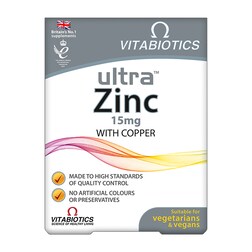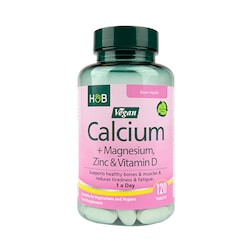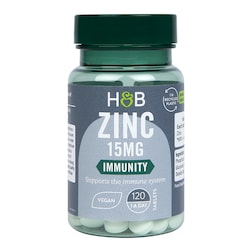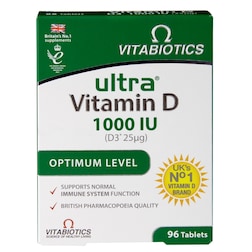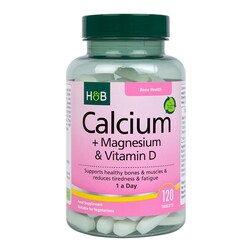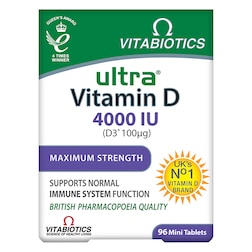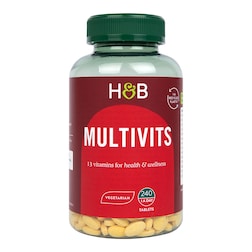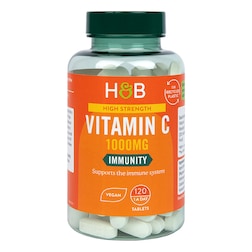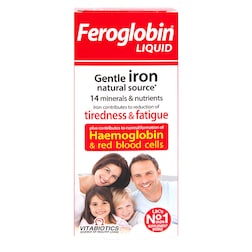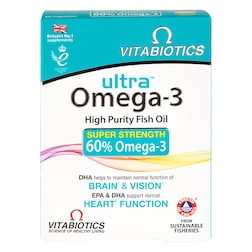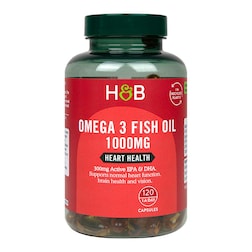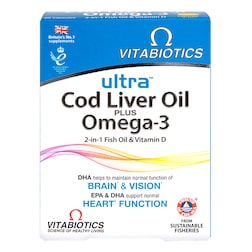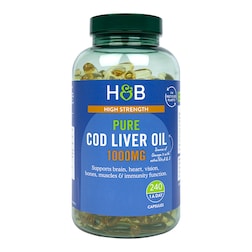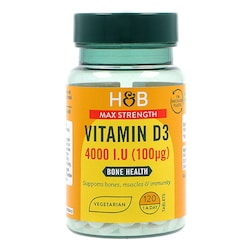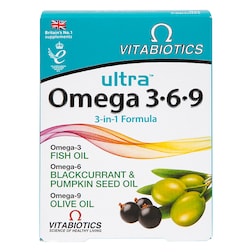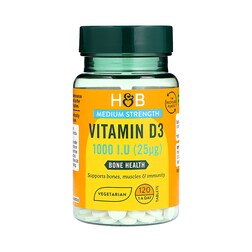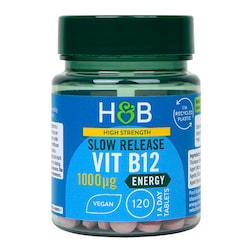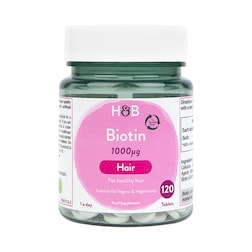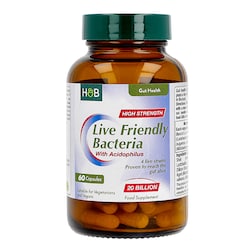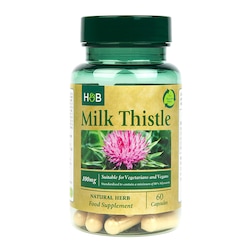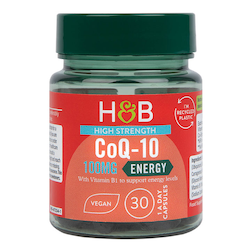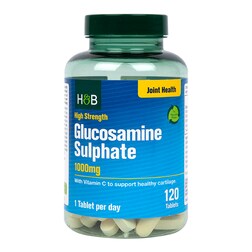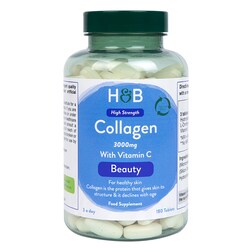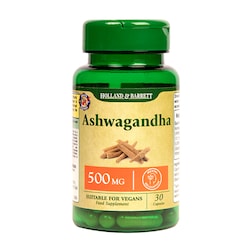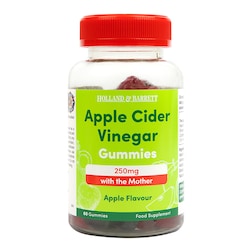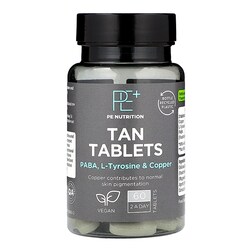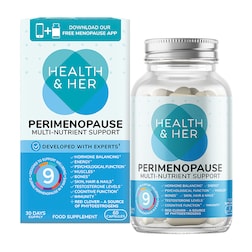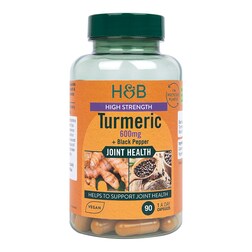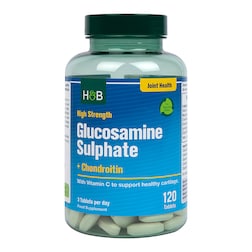15% off £30
Code:SHOP
Minerals
160 items
Minerals
Category
Brand
Format
Popularity
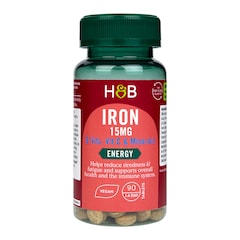


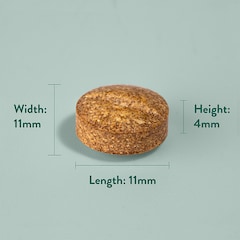
3 for 2 Mix & Match
Holland & Barrett
Iron + B Vits, Vit C & Minerals 15mg 90 Tablets
(136)
£7.99
£0.09/1 Tablet
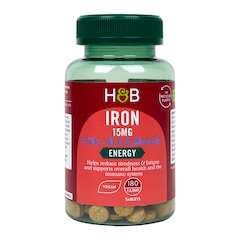


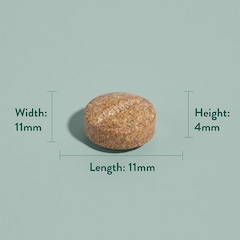
3 for 2 Mix & Match
Holland & Barrett
Iron + B Vits, Vit C & Minerals 15mg 180 Tablets
(136)
£10.99
£0.06/1 Tablet
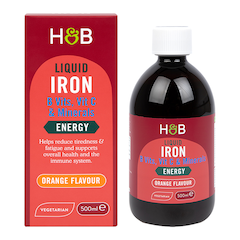
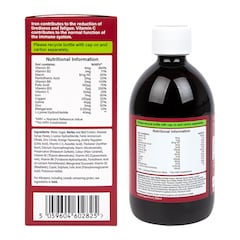
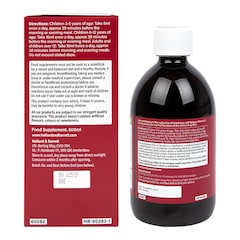
3 for 2 Mix & Match
Holland & Barrett
Iron + B Vits, Vit C & Minerals 500ml Liquid
(115)
£6.99
£1.40/100 ml
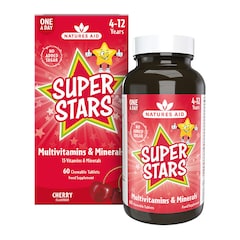
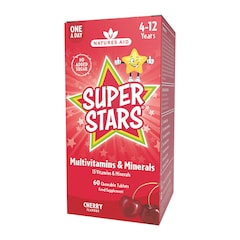
3 for 2 Mix & Match
Natures Aid
Super Stars Multivitamins & Minerals 60 Tablets
(1)
£7.95
£0.13/1 Tablet
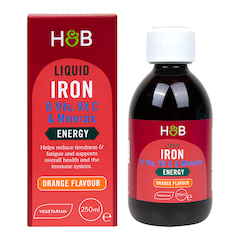
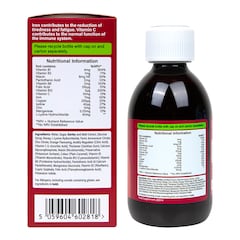

3 for 2 Mix & Match
Holland & Barrett
Iron + B Vits, Vit C & Minerals 250ml Liquid
(115)
£3.99
£1.60/100 ml
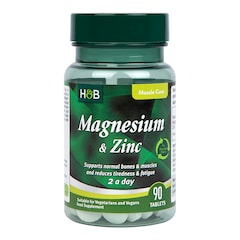
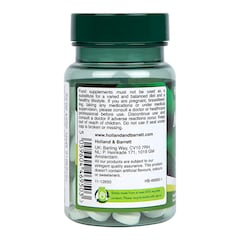
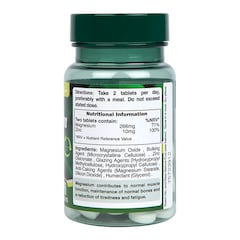
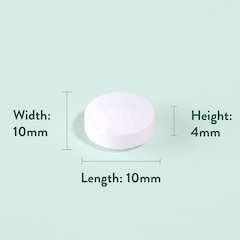
3 for 2 Mix & Match
Holland & Barrett
Magnesium & Zinc 90 Tablets
(174)
£8.49
£0.09/1 Tablet
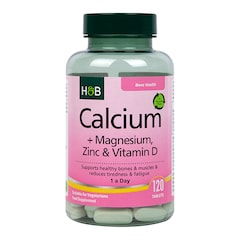
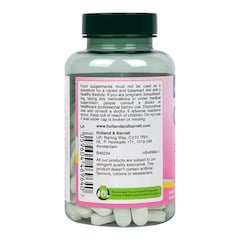
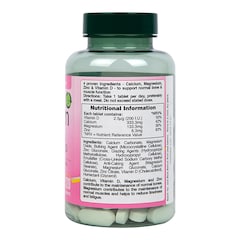
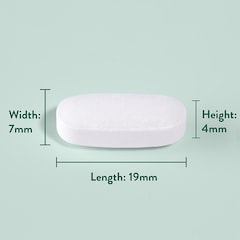
3 for 2 Mix & Match
Holland & Barrett
Calcium Magnesium Vitamin D & Zinc 120 Tablets
(341)
£9.99
£0.08/1 Tablet
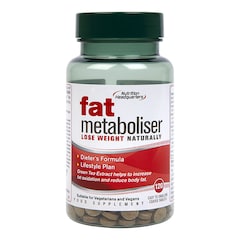
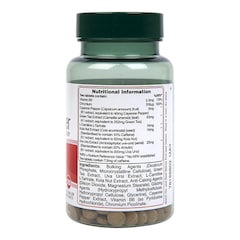
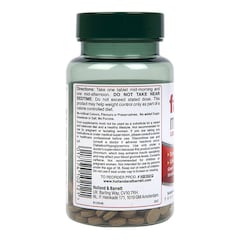
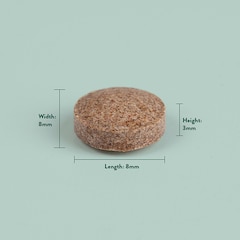
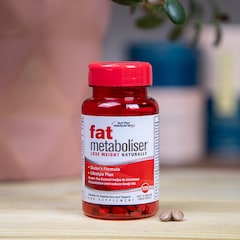
18+
3 for 2 Mix & Match
Nutrition Headquarters
Fat Metaboliser 120 Tablets
(455)
£12.99
£0.11/1 Tablet
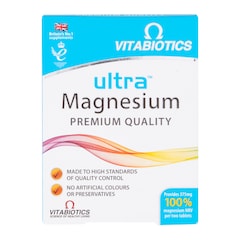
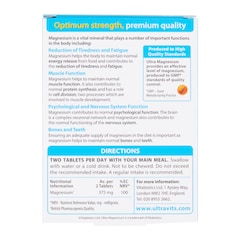
3 for 2 Mix & Match
Vitabiotics
Ultra Magnesium 60 Tablets
(30)
£5.79
£0.10/1 Tablet
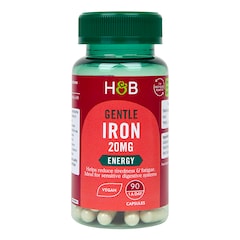
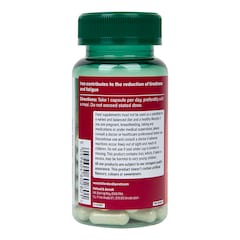
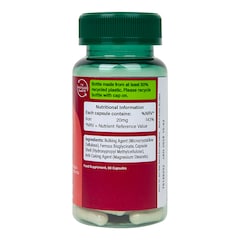
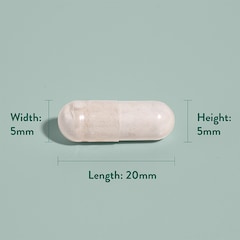
3 for 2 Mix & Match
Holland & Barrett
Gentle Iron 20mg 90 Capsules
(182)
£8.99
£0.10/1 Capsule
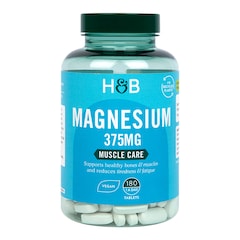
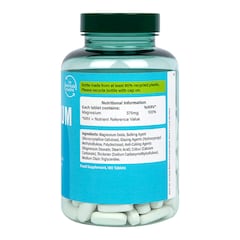
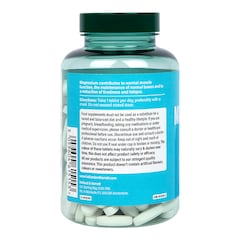
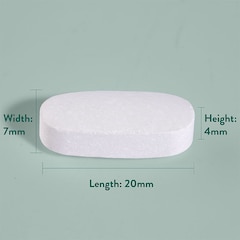
3 for 2 Mix & Match
Holland & Barrett
Magnesium 375mg 180 Tablets
(763)
£12.49
£0.07/1 Tablet
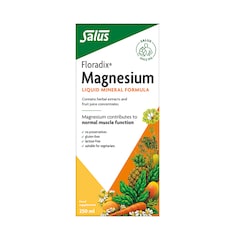
3 for 2 Mix & Match
Floradix
Magnesium Mineral Drink 250ml
(82)
£14.99
£6.00/100 ml
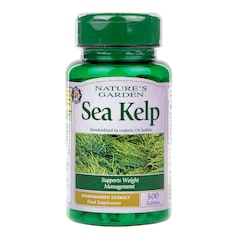
3 for 2 Mix & Match
Natures Garden
Nature’s Garden Sea Kelp 15mg (Iodine) 500 Tablets
(297)
£8.99
£0.02/1 Tablet
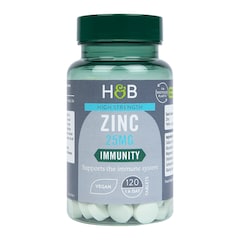
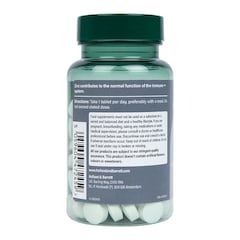
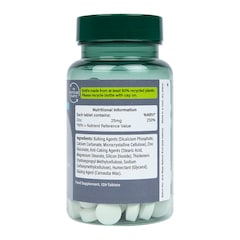
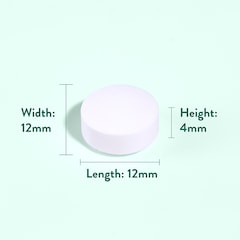
3 for 2 Mix & Match
Holland & Barrett
Zinc 25mg 120 Tablets
(134)
£9.49
£0.08/1 Tablet
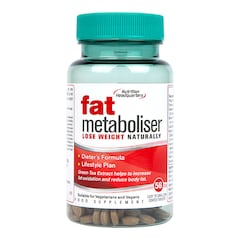
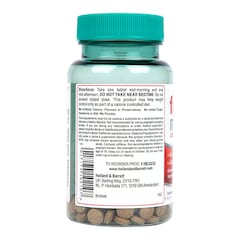
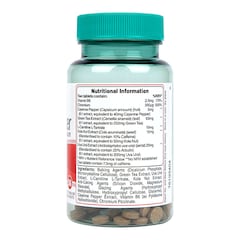
18+
3 for 2 Mix & Match
Nutrition Headquarters
Fat Metaboliser 56 Tablets
(455)
£8.49
£0.15/1 Tablet
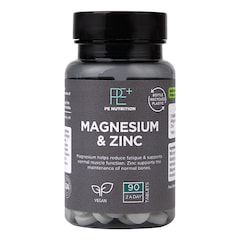
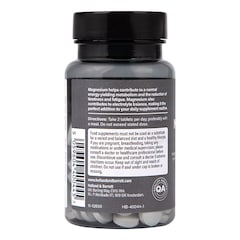
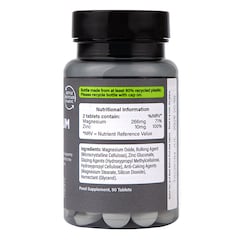
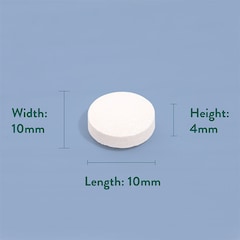
3 for 2 Mix & Match
PE Nutrition
Magnesium with Zinc 90 Tablets
(30)
£9.00
£0.10/1 Tablet
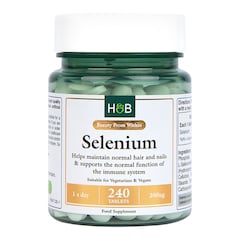
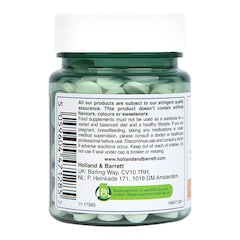

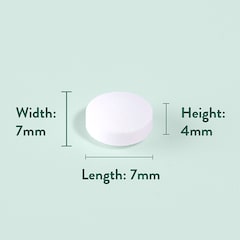
3 for 2 Mix & Match
Holland & Barrett
Selenium 200ug 240 Tablets
(107)
£16.99
£0.07/1 Tablet
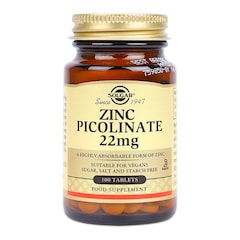
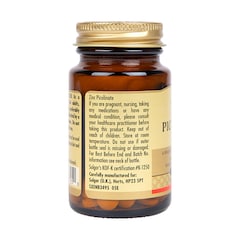

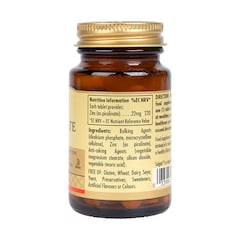
3 for 2 Mix & Match
Solgar
Zinc Picolinate 22mg 100 Tablets
(31)
£11.95
£0.12/1 Tablet
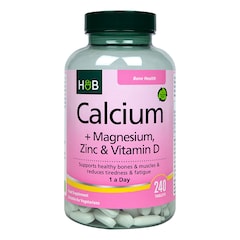
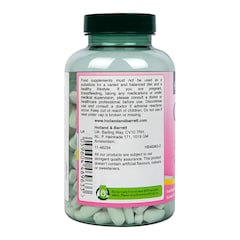
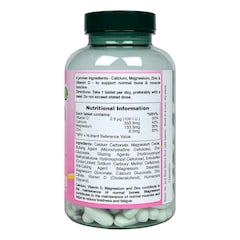
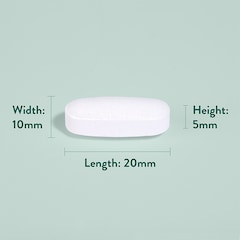
3 for 2 Mix & Match
Holland & Barrett
Calcium Magnesium Vitamin D & Zinc 240 Tablets
(341)
£14.49
£0.06/1 Tablet
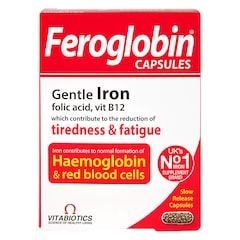
3 for 2 Mix & Match
Vitabiotics
Feroglobin B12 30 Capsules
(128)
£5.49
£0.18/1 Capsules
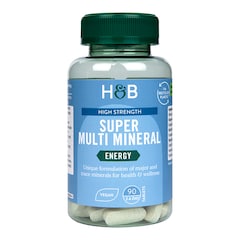
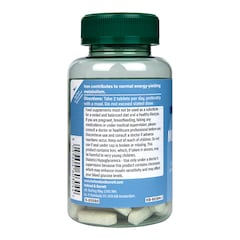

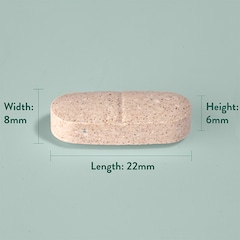
3 for 2 Mix & Match
Holland & Barrett
High Strength Super Multi Mineral (including Iodine) 90 Tablets
(72)
£9.99
£0.11/1 Tablet
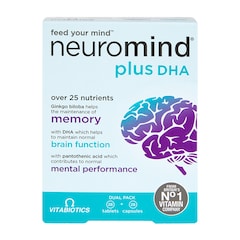
3 for 2 Mix & Match
Vitabiotics
Neuromind Plus 56 Tablets
(76)
£19.99
£0.36/1 Tablet
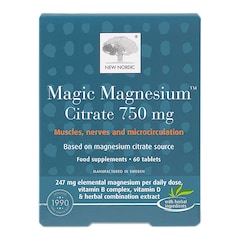
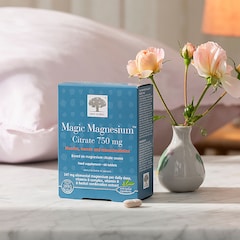
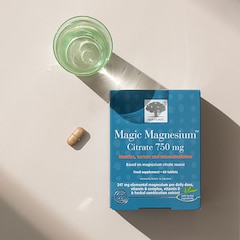
3 for 2 Mix & Match
New Nordic
Magic Magnesium Citrate 750mg 60 Tablets
£17.49
£0.29/1 Tablet
New In
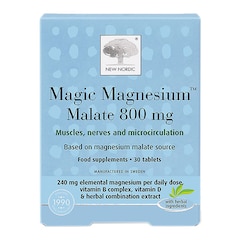

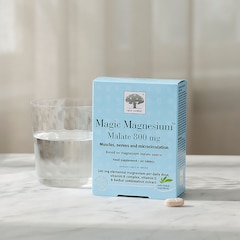
3 for 2 Mix & Match
New Nordic
Magic Magnesium Malate 800mg 60 Tablets
(2)
£19.99
£0.33/1 Tablet
New In
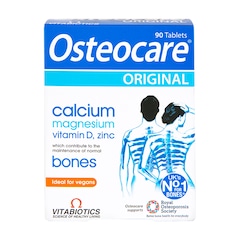
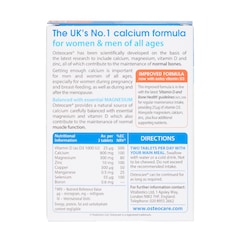
3 for 2 Mix & Match
Vitabiotics
Osteocare Original 90 Tablets
(37)
£13.49
£0.15/1 Tablet
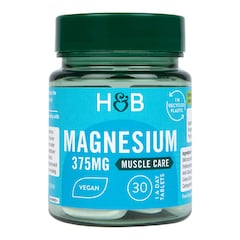
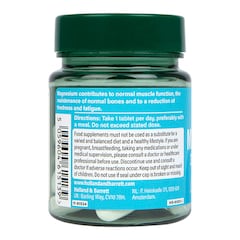
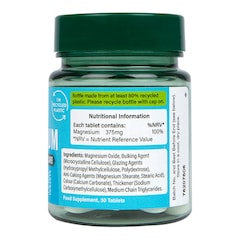
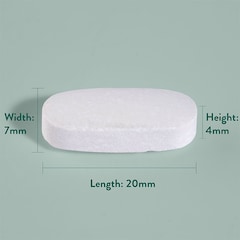
3 for 2 Mix & Match
Holland & Barrett
Magnesium 375mg 30 Tablets
(763)
£3.99
£0.13/1 Tablet
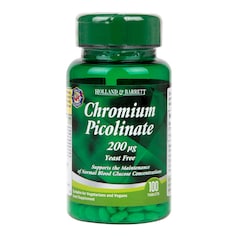
18+
3 for 2 Mix & Match
Holland & Barrett
Chromium Picolinate 100 Tablets 200ug
(87)
£8.39
£0.08/1 Tablet
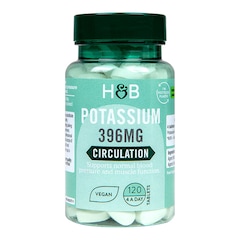
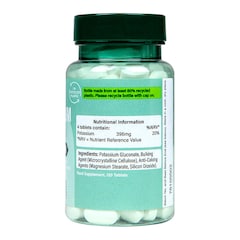
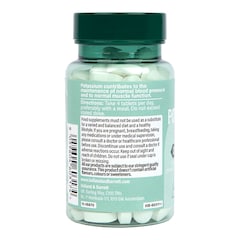
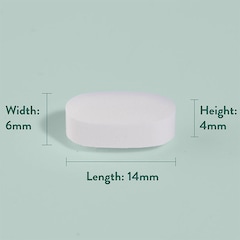
3 for 2 Mix & Match
Holland & Barrett
Potassium 120 Tablets
(24)
£10.49
£0.09/1 Tablet
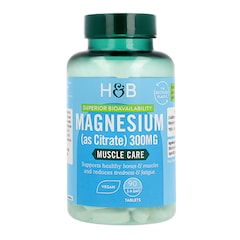
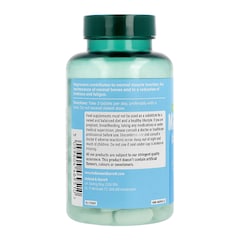
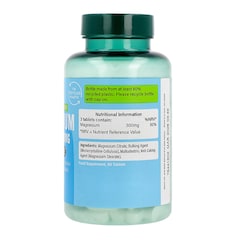
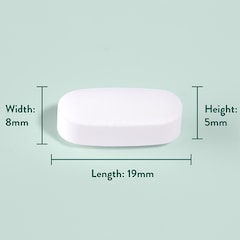
3 for 2 Mix & Match
Holland & Barrett
Magnesium Citrate 90 Tablets
(248)
£8.99
£0.10/1 Tablet
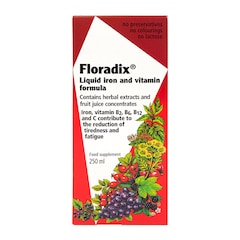
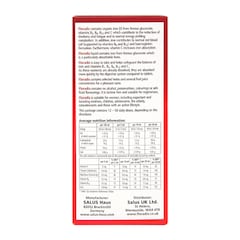
3 for 2 Mix & Match
Floradix
Liquid Iron Formula 250ml
(344)
£14.99
£6.00/100 ml
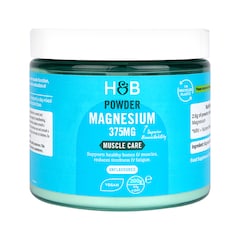
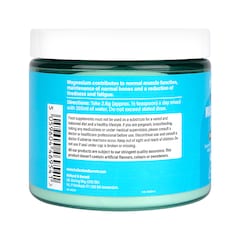
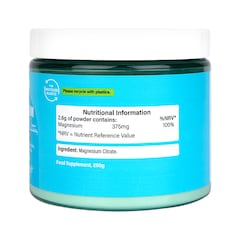

3 for 2 Mix & Match
Holland & Barrett
Magnesium 375mg Powder 200g
(79)
£16.99
£8.50/100 g
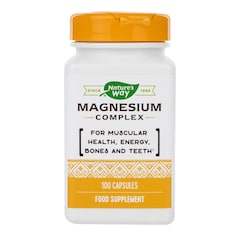
3 for 2 Mix & Match
Nature's Way
Magnesium Complex Citrate Blend 100 Capsules
(49)
£12.99
£0.13/1 Capsules
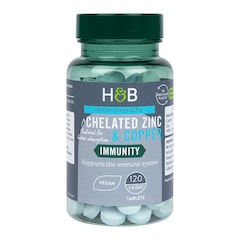

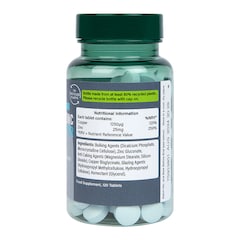
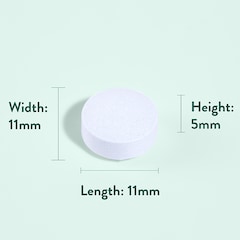
3 for 2 Mix & Match
Holland & Barrett
High Strength Chelated Zinc & Copper 120 Tablets
(4)
£14.99
£0.12/1 Tablet
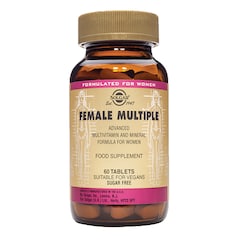
3 for 2 Mix & Match
Solgar
Female Multiple 60 Tablets
(27)
£22.50
£0.38/1 Tablet
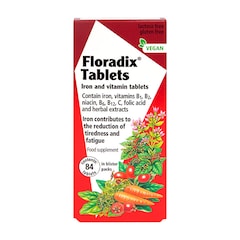
3 for 2 Mix & Match
Floradix
Iron & Vitamin 84 Tablets
(106)
£15.99
£0.19/1 Tablet
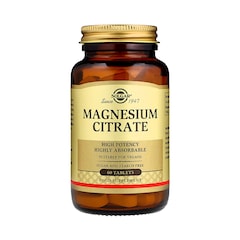
3 for 2 Mix & Match
Solgar
Magnesium Citrate 60 Tablets
(159)
£14.00
£0.23/1 Tablet
Sign up for exclusive offers
Plus, get expert advice to support your health & wellness straight to your inbox when you sign up to Holland & Barrett emails.
Read our
privacy policy
